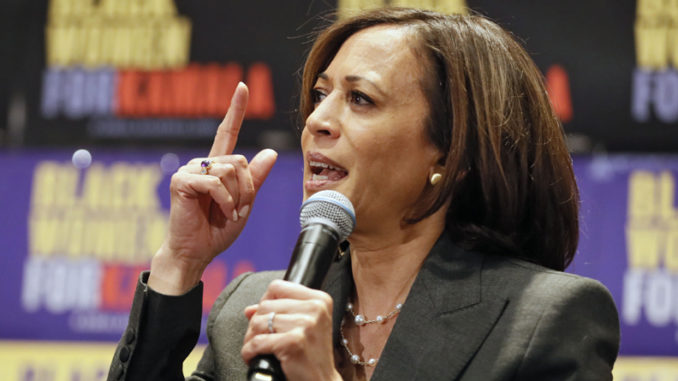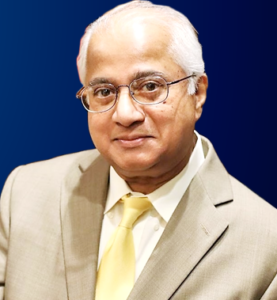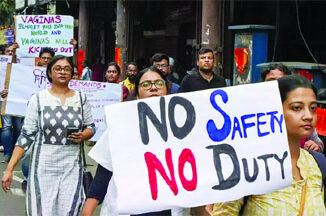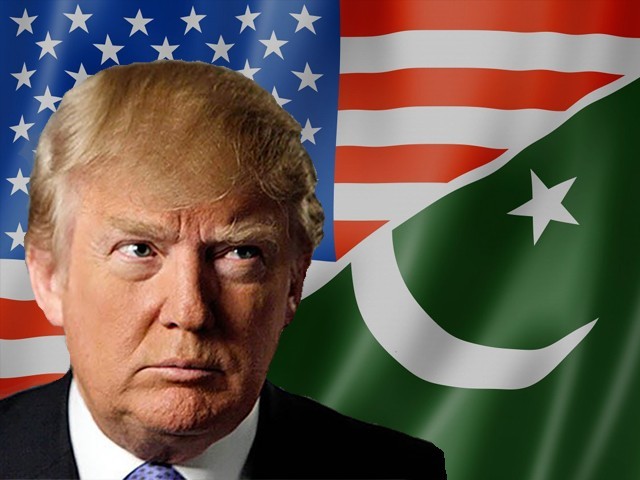

Way back on January 27, 2019, I wrote in India Abroad, “As Indian Americans, we have a natural affinity for anyone that resonates with us.” Indeed, that is the case with most humans; when you are out in Moscow or Maldives and run into an American, you are likely to have a conversation with him/her than anyone else. One such conversation continues in Indian American homes about Kamala-Ji; I am taking the liberty to call her by her first name as a fellow Indian American. The Ji part is an Indian way of addressing a fellow Indian with respect.
Before the elections, a survey taken by Hopkins School of Advanced International studies indicated a shift of 22% of the Indian Americans going for Trump. However, the majority of the Indians align with the Democratic party. That shift came from the right-leaning Indian Americans for three reasons Kamala-Ji was not their favorite. First, it was racism. The Washington post had produced a fascinating map of the world’s most and least racially tolerant countries, and unfortunately, India was on top of the list. The denials came; however, the Indian society is deeply entrenched in casteism; another form of racism. They consider Dalits (formerly known as untouchables) to be born inferior and must be kept in the lower rung of the society at any cost. When they see the Black Americans, they see them as Dalits.
Someday, I plan to ask Kamala-Ji a question that has never been asked before. If she was ever ignored or excluded and kept at bay by fellow Indian Americans when she was growing up because her father was a Black American. Her mother had rightly chosen to identify and raise her in the Black community.
The second part of the equation was her competition with Tulsi Gabbard, who aligned with India’s fascist regime of Modi. Modi is the Milosevic of religious racism. His party wants to boot 330 Million Christians and Muslims out of India or live as second-class citizens, which appeals to the 22% segment which supports Gabbard over Kamala-Ji.
And finally, Kamala-Ji spoke of human rights, lifting the restrictions clamped on the people of Kashmir and taking away their freedom by Modi’s fascist regime, and tightening the noose around India’s Christians and Muslims. Her stance did not go well with the right-leaning Indians. The Executive Director of the Hindu American Foundation was frustrated with Capitol Hill’s hearings on Kashmir by the Democrats and expressed that they should consider supporting the Republicans.
Congratulations to Kamala Harris, thanks to Joe Biden and the Democratic Party* for selecting the right candidate to be the first woman vice-President of the United States. We have come a long way in restoring women’s God-given rights since the passage of the women’s suffrage act in 1919. A hundred years later, the same woman who did not have the right to vote became the nation’s vice-president.
She will change the vice-presidency role forever; she will not be a docile poodle like our current vice-President Pence. She will be more active in domestic as well as foreign policymaking. I hope she will take charge of improving race relations and bringing justice to the African American community. Justice runs in her veins. She also needs to apologize to the Sikh Indian community for not standing by them in their right to wear the Turban in the workplace when she was the Attorney General of California.
Vice President Harris is progressive and inclusive. She will not buy into the prejudices that hold the nation back. Her intellectualism is a breath of fresh air. Indeed, it is worth our time to go back and watch her grill Judge Bret Kavanaugh and Attorney General William Barr. Even in the presidential debates, addressing Biden, she said, “that little girl was me” are etched in American memory.
She is a confident woman and will stand her ground; we needed a VP who could say no to the President when he was wrong; she will be the one. On his part, Biden will be a secure individual who would welcome debates and discussions about doing the right thing for America and bringing Americans Together.
(The author is an Indian American who lives in Ward 7 of Washington, D.C., and is the founder and President of the Center for Pluralism. He is committed to bringing Americans Together, and offers pluralistic solutions on issues of the day to the policymakers and the media.)





Be the first to comment